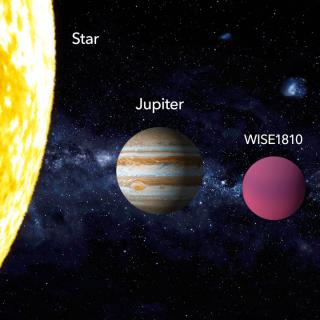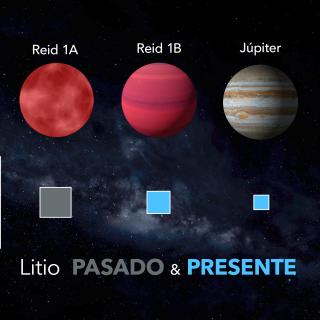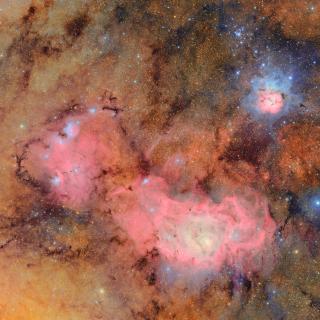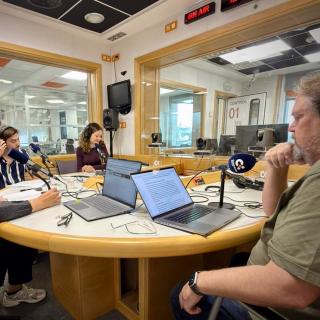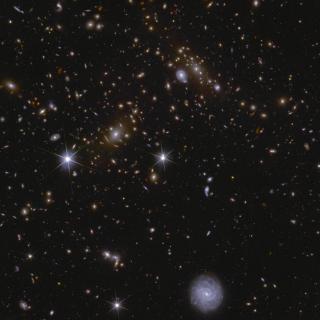The European Research Council (ERC) has awarded an ERC Advanced Grant, funding for the development of research projects at the frontiers of knowledge, to the Professor of the Higher Council for Scientific Research (CSIC) Eduardo L. Martín Guerrero de Escalante, who is an active researcher at the Instituto de Astrofísica de Canarias (IAC). The project, entitled “Substellar Science with the Euclid Space Mission“ (SUBSTELLAR) has, as one of its main objectives, the use of data from the future space telescope Euclid to increase our knowledge of objects with substellar masses (brown dwarfs and exoplanets) and their connections with the evolution of the Milky Way.
SUBSTELLAR will begin in January 2023 and during its five years of activity it will be involved in important collaborations with prestigious international centres such as the University of Bordeaux and the University of California. From the IAC Eduardo L. Martín will coordinate a working team of up to seven researchers, and will enjoy the backing of the Transfer and Institutional Actions Office (OTAI), and of the Research Division of the IAC.
Eduardo L. Martín has a doctorate in Physics from the University of La Laguna (ULL) and is Research Professor of the CSIC at the IAC. He was the co-discoverer of the first brown dwarfs in 1995, together with Professors Rafael Rebolo and Maria Rosa Zapatero Osorio. He has long and wide experience of observational techniques in the optical and infrared, as well as in research of the properties of stars with very low mass, and of even less massive objects in the Milky Way, a field in which he is recognised as a leading world expert. From 2012 he has been a member of the Euclid Science Team, appointed by the European Space Agency (ESA).
“With this new award there are four research programmes at the IAC which are being funded directly by the ERC” says Rafael Rebolo, the Director of the IAC. “SUBSTELLAR will tackle problems of brown dwarfs which are still unsolved. This is a field which the IAC developed as pionerer in the 1990’s with the direct participation of Eduardo L. Martín, who made many highly relevant contribution in this area,” he concludes.
The ERC Grants
The ERC’s mission is to support high risk research which also has potentially high impact in any scientific area. Among the different types of grants the ERC Advanced Grants stand out as they offer the greatest economic support to an individual, normally 2.5 million euros. Awarding this kind of grants the ERC hopes that new and unexpected scientific and technological discoveries will be made. In the second case discoveries which could form the basis of new industries, the markets and the social innovations of the future.
Contact:
Eduardo L. Martín Guerrero de Escalante: ege [at] iac.es (ege (at) iac.es)
